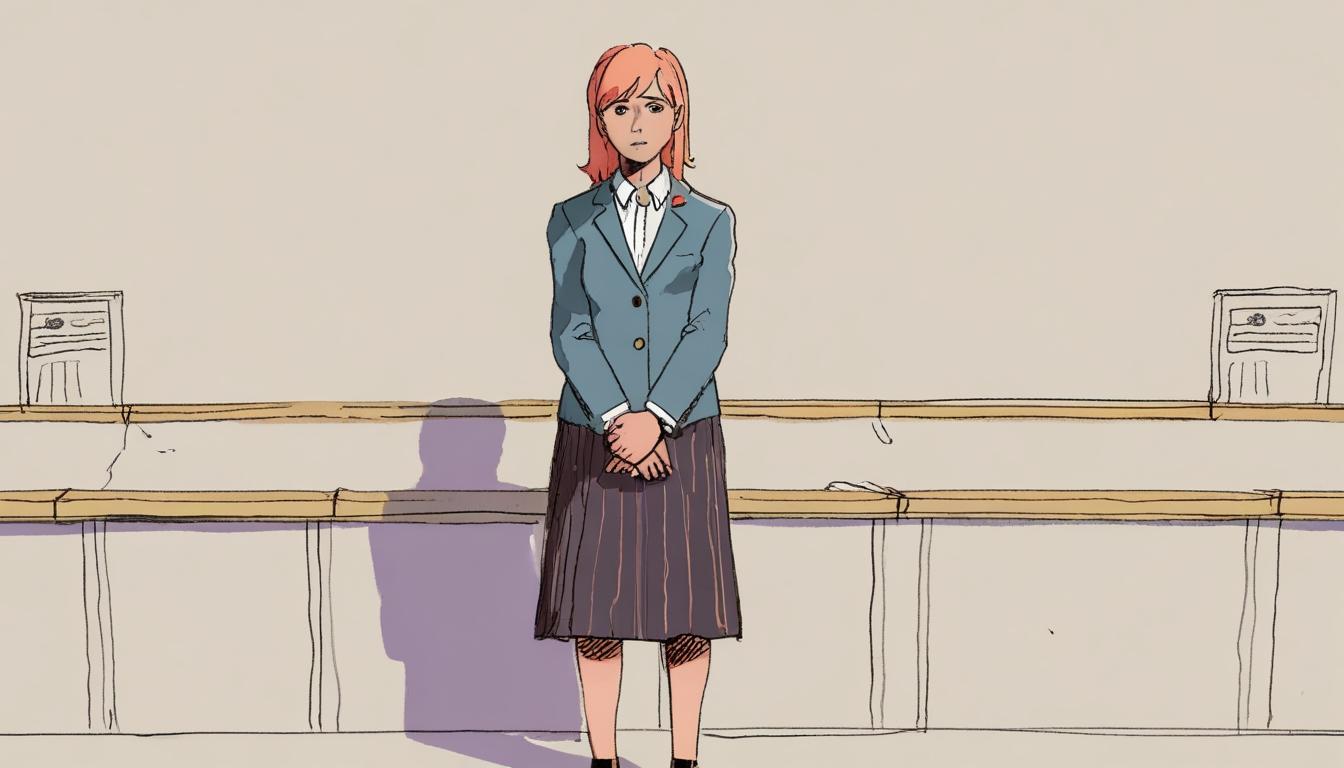Dylan Tippetts, Plymouth's first openly trans Labour councillor, has resigned from the party, citing a profound disillusionment with its stance on transgender rights in the wake of a contentious ruling from the UK Supreme Court. The court determined that the legal definition of a woman is grounded in biological sex, a decision that has wide-reaching implications for the rights of transgender individuals. Following this ruling, Tippetts accused Sir Keir Starmer of “throwing transgender people under the bus”, stating that he could no longer align himself with a party that, in his view, no longer supports his fundamental rights.
The Supreme Court's ruling, delivered on April 16, clarified that under the Equality Act 2010, the terms 'man', 'woman', and 'sex' specifically refer to biological distinctions rather than gender identity. This decision was met with significant backlash from various LGBTQ+ advocacy groups, which warned of potential setbacks for transgender individuals in terms of legal recognition and access to safe spaces. Many noted that the ruling could exacerbate an already challenging environment for trans people, who frequently face violence and discrimination. Speaking to the media, a member of Labour's National Executive Committee highlighted the dangers such a response could pose, underscoring the heightened risk of hate crimes against transgender women.
In the wake of the ruling, Starmer modified his previous position that had affirmed trans women as women, instead asserting that “a woman is an adult female”. This shift has prompted widespread criticism, with Tippetts remarking, “The Labour party nationally has thrown transgender people under the bus and has taken us backwards decades.” He expressed frustration over the party's alignment with a narrative that undermines the dignity and rights of trans individuals, stating, “I cannot continue to represent a party that does not support my fundamental rights.”
In response to the growing outcry, Equalities Minister Bridget Phillipson attempted to reaffirm Labour's commitment to trans rights, insisting that the party would uphold the dignity of all individuals, including the most vulnerable members of society. However, her assurances did not quell the dissent, as critics within the party argued that the leadership was not doing enough to protect trans rights in the face of mounting legal challenges.
Tippetts' resignation followed allegations that he would be replaced as chair of the Taxi Licensing Committee, a move interpreted by some as a retaliation against his outspoken views on the party's stance towards transgender individuals. He plans to continue serving as an independent councillor until the end of his term but has announced that he will not seek re-election next year.
This significant legal development comes amidst a broader decline in support for trans rights within the UK political landscape. Advocates worry that the Supreme Court’s recent verdict may embolden anti-trans sentiments, especially as it paves the way for heightened restrictions on transgender individuals’ rights to participate fully in public life. The ruling has begun to influence public institutions as well, with the Equality and Human Rights Commission reportedly drafting new guidelines that reflect the court's interpretation, particularly concerning access to single-sex services.
As the Labour Party grapples with internal dissent and public backlash, the implications of this ruling could define its approach to transgender issues moving forward. The question remains whether the leadership will reaffirm its commitment to inclusivity or continue down a path hampered by legal and social complexities regarding gender identity.
Source: Noah Wire Services
